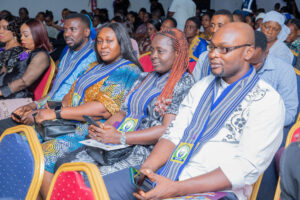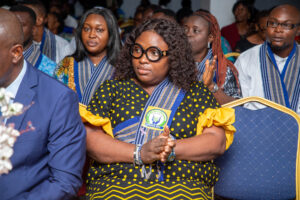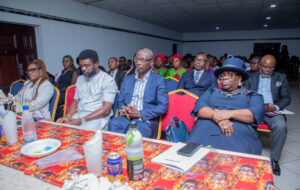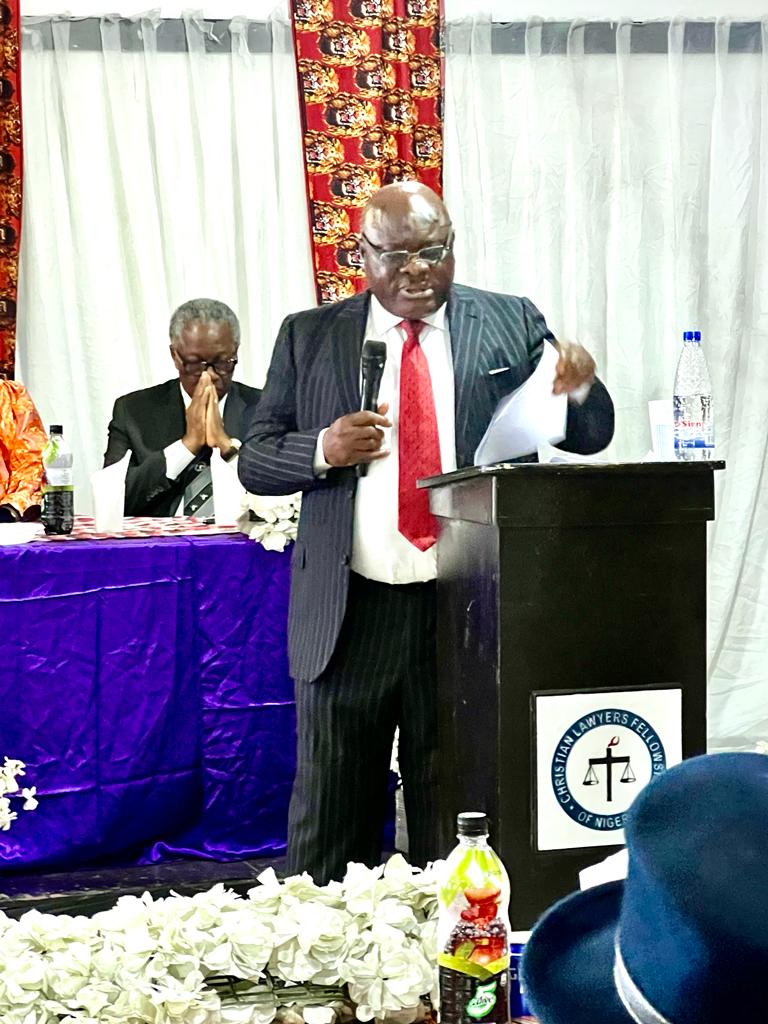By Ken Asinobi
The Head of Department of Private and Property Law at Rivers State University (RSU), Nkpolu-Oroworukwo, Port Harcourt, Dr. Onugbum Onuoha, has praised the evolution of African women from valuable community assets to international contributors.
Onuoha, an associate Professor and senior lecturer at the university stated this in a keynote address he delivered in Port Harcourt on Wednesday, to mark African Women’s Day. The event was organized by the African Women Lawyers Association (AWLA) in conjunction with the O.B. Lulu-Briggs Foundation.


Speaking on the theme, “The African Woman in the 21st Century: Challenges and Prospects”, Dr. Onuoha highlighted how, throughout history, African women have frequently been confined to roles as valuable resources within their communities.
The university don however declared that African women today, stand on the cusp of an incredible transformation and have transcended their role as mere resources to become significant global contributors.
Also highlighting the immense progress made by African women across various fields, Dr. Onuoha cited examples of women excelling in politics, science, business, and the arts.


He provided notable examples, such as retired Supreme Court judge, Hon. Justice Mary Odili, Dr. Ngozi Okonjo-Iweala, Chimamanda Adichie, Justice Suzette Eberechi Wike, Senator Ipalibo Harry Banigo and Prof. Ngozinma Odu, among others, as women who had shattered glass ceilings through their exemplary works.
“The 21st-century African woman is no longer considered a mere instrument to be passed from father to husband. Instead, she is a full-fledged human being in her own right, representing more than a commodity to be negotiated or sold into marriage at the behest of her male relatives”, he stated.
He went on: “African women have overcome countless challenges, breaking barriers that once seemed insurmountable. Their voices are being heard on the global stage, and their impact is undeniable.
The associate Professor emphasized that this shift from being seen as resources to global contributors was not a sudden phenomenon but the result of tireless determination, perseverance, and resilience.
Dr. Onuoha also shed light on the challenges that African women continued to face, including discrimination, limited access to education, child marriage, and gender inequality.
He backed his statements with statistical evidence, emphasizing the severity of these issues.
Despite the myriad of challenges, Professor Onuoha expressed optimism about the prospects and opportunities that lay ahead for the African women.
The event attendees responded with thunderous applause with the associate professor’s speech seen as a turning point, inspiring people to recognize and celebrate the incredible contributions of African women to the world.
Concluding, it was evident that the narrative had shifted. African women were no longer valued solely for their resources; they were celebrated as powerful global contributors, shaping the future with their wisdom, talent, and determination.

